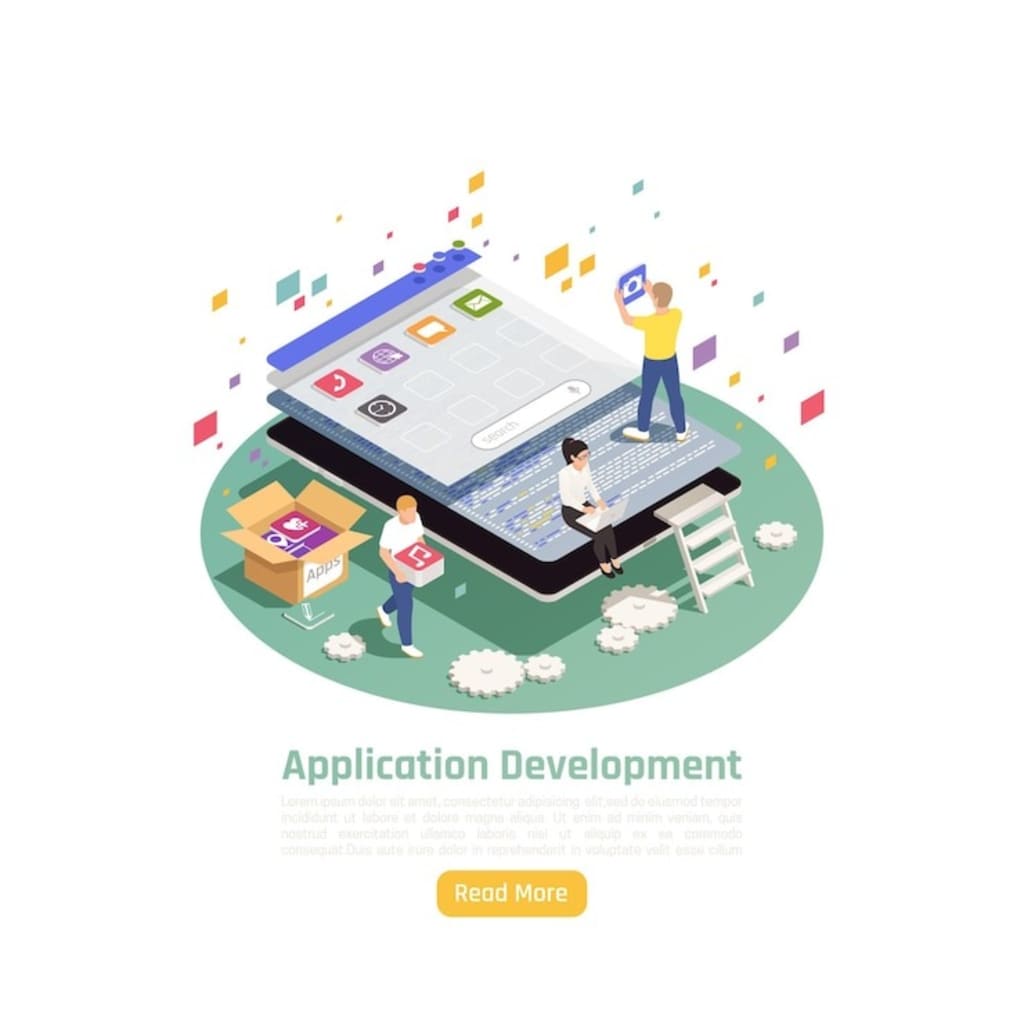Why Android is the Best Option for On-Demand App Development
Revealing the Dominance: The Superiority of Android in On-Demand Application Development

In 2008, mobile apps burst onto the scene, significantly boosting the popularity of smartphones, and the rest is history. Fast forward ten years, and both iTunes and Google Play are bustling with apps in numerous genres, with app downloads soaring every hour. Businesses are particularly leaning towards Android for on-demand app development. Why? Let's delve into it. Explore the reasons behind Android's dominance in on-demand app development with an Android app development company.
Statista predicts that in 2019, there will be over 5 billion mobile devices. On-demand apps dominate download numbers, with examples like Uber, Lyft, Ola, UrbanClap, and Practo making waves in the mobile world. These apps enable users to instantly connect with online service providers, simplifying daily activities and making life hassle-free. They enhance our comfort and contribute to the growth of business and the economy.
What are on-demand apps?
The current demand revolves around mobile applications, with on-demand apps taking the lead. Acting as intermediaries between service providers and end-users, these mobile apps facilitate tasks such as booking rides, ordering food from preferred restaurants, and arranging grooming services at home—all at the touch of a button. The surge of on-demand applications has transformed them into a convenient and efficient platform for individuals like us, while also serving as successful business models for start-ups and forward-thinking businesses.
Why do business enterprises and start-ups specifically prefer Android for on-demand app development?
1. Increased Use of Android Phones
Android and iOS are the two main competitors in the mobile app market. Recent studies and statistics confirm that downloads of Android apps on the Google Play store surpass those of iOS. With an 80 percent share in the smartphone market, Android also boasts a broader demographic coverage. China, the world's most populous country, is at the forefront of the smartphone industry, and the number of Android users there is anticipated to surge in the coming years. If you aim to reach a substantial target audience, opting for an Android device is the way to go.
2. Lenient Policies of Google Play Store
To enhance Google Play, Google regularly updates its developer policy. Unlike iOS, Google shows more flexibility to developers in the app publishing process. Moreover, the review process on Google Play is quicker, and stringent terms do not bind developers. Before releasing an app, start-ups and new business entrepreneurs must pay a registration fee of $25, in contrast to iTunes, which charges $99 per year.
3. Top Android Features
The demand for on-demand apps is currently high. These apps can better meet user needs by combining the right features and ensuring seamless navigation. Essential features of on-demand mobile applications include Maps, GPS Functionality, Easy Navigation, Integrated Payment, Analytics, Ratings, and Push Notifications. On-demand apps have three panels: a customer-side app, a provider-side app, and an admin panel. Android SDK encompasses all these features, which are fundamental for optimal application performance. In addition, Android offers advanced features like Gmail integration and Messenger to enhance communication between end customers and providers. Regular updates, crucial for on-demand apps, are more straightforward to implement on Android.
4. Easy to Customize
On-demand apps must prioritize meeting the requirements of end users. To stay current with changing trends and customer needs, an app should consistently update its features and functionalities. Unlike iOS, Android apps provide a greater level of customization, allowing developers to adapt the app regularly to meet customer demands. The cost of mobile app development is influenced not only by the customized features but also by various other factors.
5. Google Assistant
Google Assistant, Android's intelligent and robust voice assistant, excels in versatility. Users can simply ask it questions or instruct it to carry out tasks, such as scheduling a doctor's appointment. This versatility sets it apart from Siri or any other voice assistant. Through an on-demand app, Android users can seamlessly leverage Google Assistant to accomplish tasks by issuing commands. Additionally, its conversational approach and tailored suggestions enhance the user experience.
6. More Data Storage
Google Play Store and Android phones provide an extended 15GB free storage capacity feature. Google's cloud storage, which is more accessible and effective than iCloud, offers this advantage. On-demand apps dealing with user, provider, and admin data require substantial storage. Integrating Google Drive into an app can efficiently fulfill this purpose for companies.
Conclusion
In the realm of on-demand app development, Android's versatility, user-friendly interface, and widespread adoption make it the best choice. Collaborating with a trusted software development company in India can harness Android's potential for optimal and innovative on-demand solutions.
About the Creator
Prisha Shah
SEO Executive at Infotop Solutions






Comments
There are no comments for this story
Be the first to respond and start the conversation.